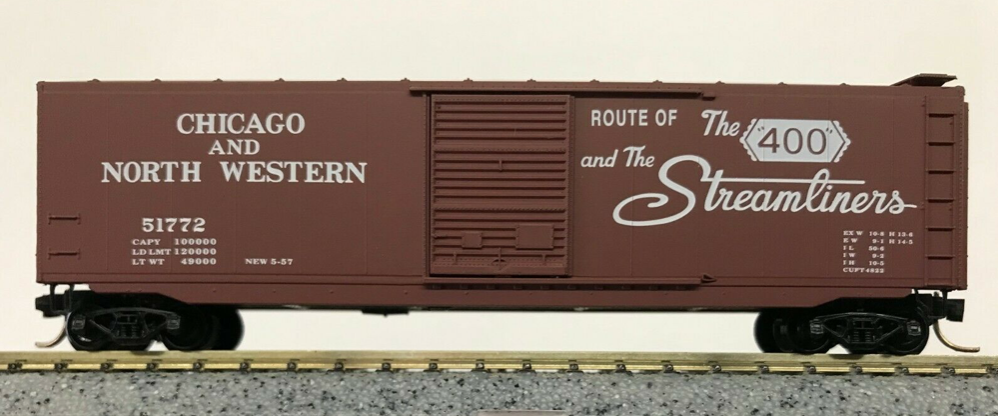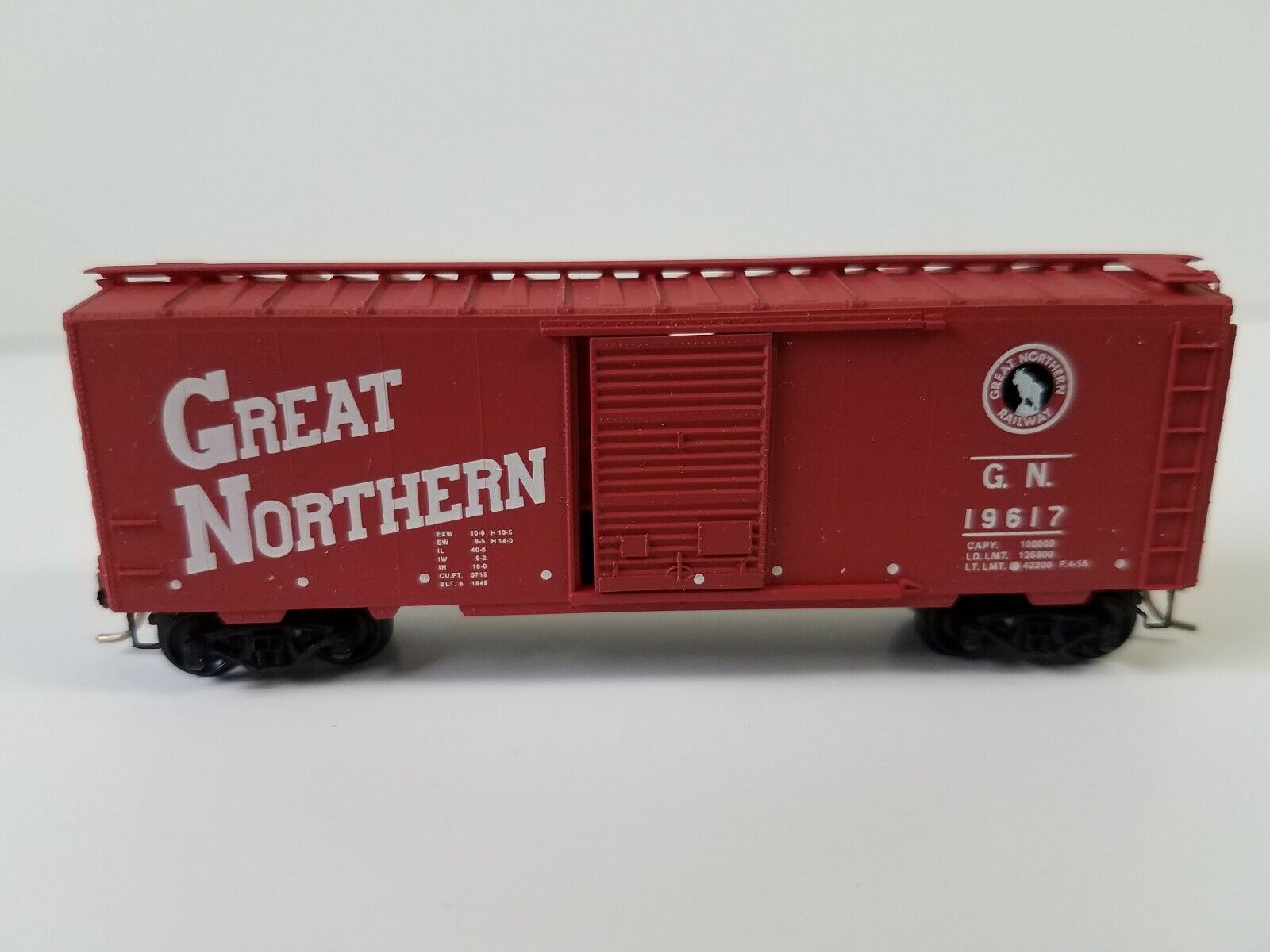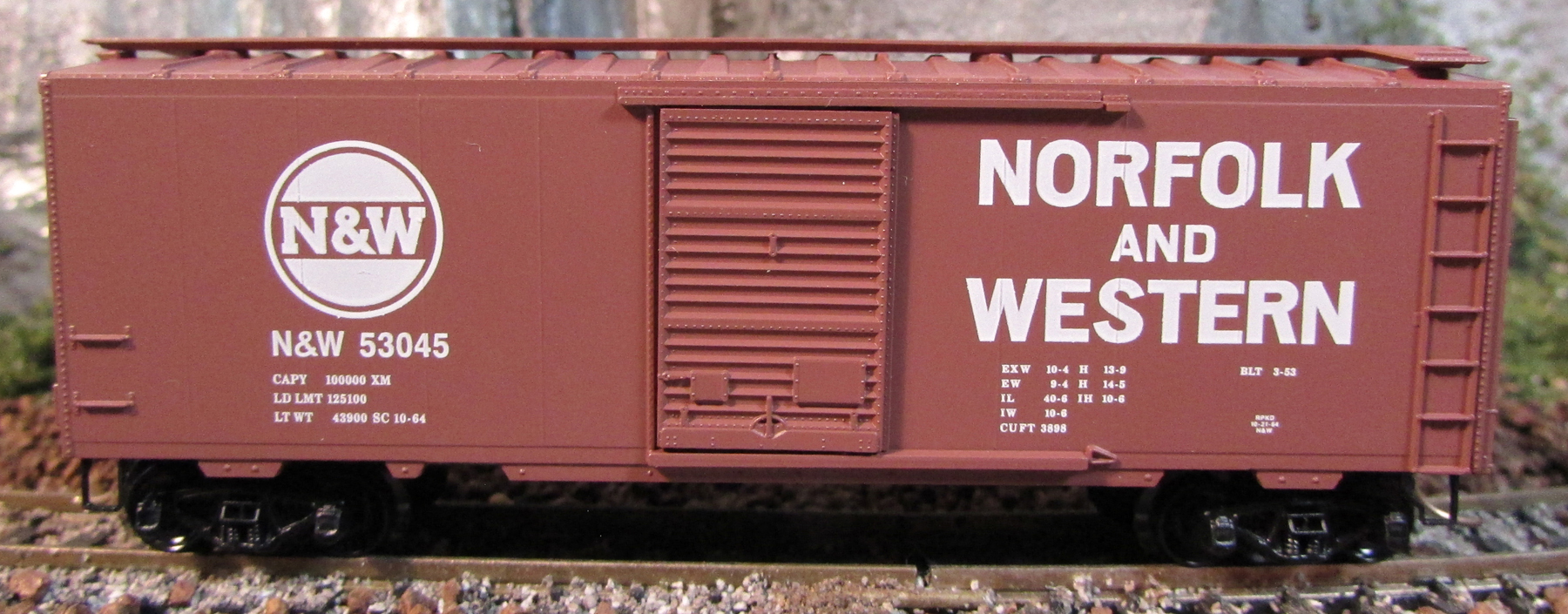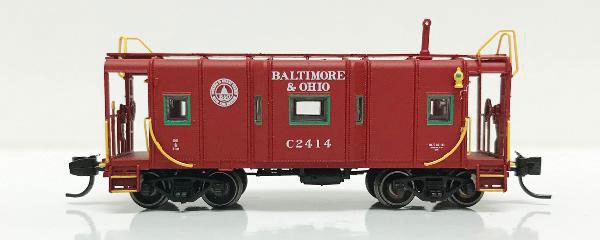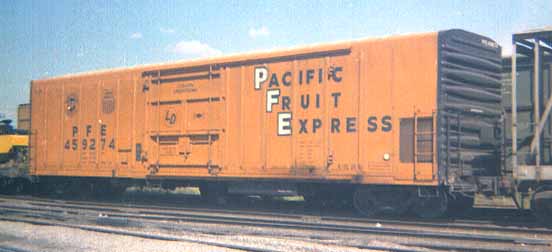Prototype History: While the 40-foot boxcar was a standard design, and it did come in different setups depending on the type of freight being transported, it was not large enough for efficient mass commodity transportation. The 50-foot boxcar made its first appearance in the 1930s and steadily grew in popularity over the years, which further improved redundancies by allowing for even more space within a given car. Today, the 50-footer remains the common boxcar size. After the second world war ended, and steel became once again readily available, steel became the go-to choice for construction of boxcars. Pullman Standard and ACF were some of the most prolific builders of these cars.
These cars came in many variations. For instance, double-doors became practical for large/wide loads, end-doors useful for very large lading such as automobiles, and interior tie-down equipment was helpful in keeping sensitive products from being damaged in-transit. In 1954 the Santa Fe developed its "Shock Control" (and later "Super Shock Control") technology for new boxcars with upgraded suspension systems to further improve the ride-quality and reduce the chance of damaging freight.
In the 1960s, the flush, "plug" style sliding door was introduced as an option that provides a larger door to ease loading and unloading of certain commodities. The tight-fitting doors are better insulated and allow a car's interior to be maintained at a more even temperature.
These cars came in many variations. For instance, double-doors became practical for large/wide loads, end-doors useful for very large lading such as automobiles, and interior tie-down equipment was helpful in keeping sensitive products from being damaged in-transit. In 1954 the Santa Fe developed its "Shock Control" (and later "Super Shock Control") technology for new boxcars with upgraded suspension systems to further improve the ride-quality and reduce the chance of damaging freight.
In the 1960s, the flush, "plug" style sliding door was introduced as an option that provides a larger door to ease loading and unloading of certain commodities. The tight-fitting doors are better insulated and allow a car's interior to be maintained at a more even temperature.
Road Name History: 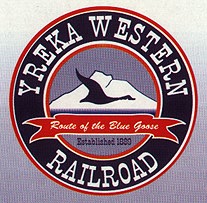 The Yreka Western was established in 1888 as the Yreka Railroad to build from a junction with the Southern Pacific (now Central Oregon & Pacific) at Montague, California to Yreka, 9 miles to the west. In 1933, the company was reorganized as the Yreka Western. In 1953 YW was bought by Willis B. Kyle. Kyle had no railroading background and bought the line on a whim. He never would have guessed at the time that his purchase would become the seed of "Kyle Railways" a big shortline holding company with properties across much of the country. In 1986, YW began operating tourist trains in addition to freight service. YW's fortunes soured at the end of the century and Kyle sold the line to a tourist operator from Denver in 2000. This group acquired an EMD MRS-1 locomotive for the line. This design was developed for the Army for operation in foreign lands. It has a low profile and the gauge can be changed without too much difficulty. In December, 2016 they sold the YW to Railmark Holdings. With the sale, tourist train service ended and YV is again a freight only line hauling forest products, propane and machinery.
The Yreka Western was established in 1888 as the Yreka Railroad to build from a junction with the Southern Pacific (now Central Oregon & Pacific) at Montague, California to Yreka, 9 miles to the west. In 1933, the company was reorganized as the Yreka Western. In 1953 YW was bought by Willis B. Kyle. Kyle had no railroading background and bought the line on a whim. He never would have guessed at the time that his purchase would become the seed of "Kyle Railways" a big shortline holding company with properties across much of the country. In 1986, YW began operating tourist trains in addition to freight service. YW's fortunes soured at the end of the century and Kyle sold the line to a tourist operator from Denver in 2000. This group acquired an EMD MRS-1 locomotive for the line. This design was developed for the Army for operation in foreign lands. It has a low profile and the gauge can be changed without too much difficulty. In December, 2016 they sold the YW to Railmark Holdings. With the sale, tourist train service ended and YV is again a freight only line hauling forest products, propane and machinery.

Brand/Importer Information: Micro-Trains is the brand name used by both Kadee Quality Products and Micro-Trains Line. For a history of the relationship between the brand and the two companies, please consult our Micro-Trains Collector's Guide.
Manufacturer Information: 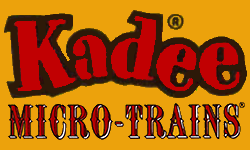 Kadee Quality Products originally got involved in N-Scale by producing a scaled-down version of their successful HO Magne-Matic knuckle coupler system. This coupler was superior to the ubiquitous 'Rapido' style coupler due to two primary factors: superior realistic appearance and the ability to automatically uncouple when stopped over a magnet embedded in a section of track. The success of these couplers in N-Scale quickly translated to the production of trucks, wheels and in 1972 a release of ready-to-run box cars.
Kadee Quality Products originally got involved in N-Scale by producing a scaled-down version of their successful HO Magne-Matic knuckle coupler system. This coupler was superior to the ubiquitous 'Rapido' style coupler due to two primary factors: superior realistic appearance and the ability to automatically uncouple when stopped over a magnet embedded in a section of track. The success of these couplers in N-Scale quickly translated to the production of trucks, wheels and in 1972 a release of ready-to-run box cars.
In October 1990 Kadee separated in two companies, with the newly created Micro-Trains® Line Co. continuing the Z, Nn3, and N Scale product ranges, with Kadee retaining the HO range.

In October 1990 Kadee separated in two companies, with the newly created Micro-Trains® Line Co. continuing the Z, Nn3, and N Scale product ranges, with Kadee retaining the HO range.
Item created by: Lethe on 2015-05-31 17:46:30. Last edited by CNW400 on 2020-09-23 10:39:20
If you see errors or missing data in this entry, please feel free to log in and edit it. Anyone with a Gmail account can log in instantly.
If you see errors or missing data in this entry, please feel free to log in and edit it. Anyone with a Gmail account can log in instantly.





